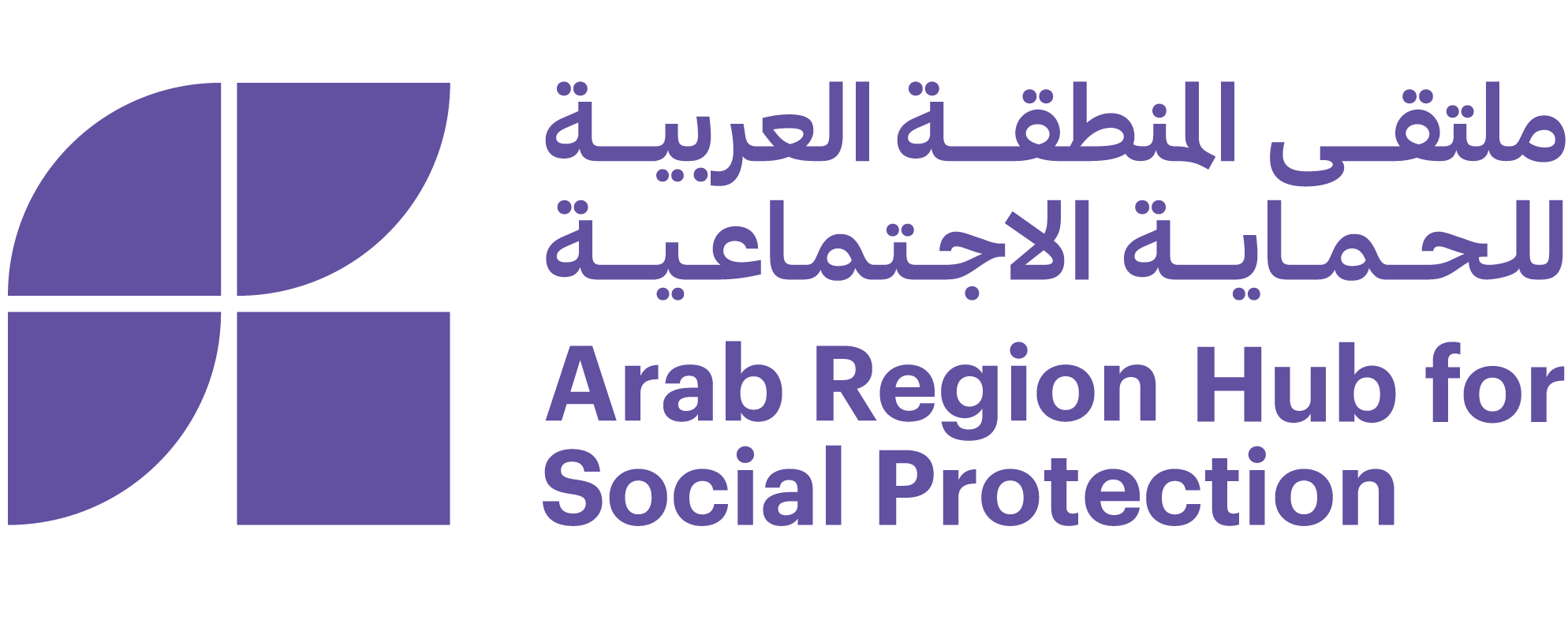
Iraq is encountering air, water, and land pollution on an unprecedented scale, exacerbated by conflict and climate change. Thousands of hectares are contaminated by spills of hydrocarbons and other chemicals, rivers receive tons of polluting discharges from domestic, medical and industrial wastewater, and air emissions, including GHGs, are being emitted at high volumes from industries including petroleum, transportation, and power generation. Extreme temperatures, floods, drought, and dust storms triggered by climate change further exacerbate the pressures on the environment. The urgent need for reconstruction could worsen these risks even further if such activities are not designed to be sustainable. Environmental and Social Framework (ESF) of the World Bank was launched in October 2018 and applies to all Investment Project Financing (IPF) operations. The ESF is an important evolution in protecting people and the environment through the projects financed by the Bank. This report is part of an Advisory Service and Analytics (ASA) initiated in December 2020. The World Bank has initiated a number of similar ASAs in different countries as part of the Bank’s efforts to build the capacity of its partners to facilitate the implementation of the ESF. The objective of this ASA is to analyze existing environmental risks and vulnerabilities in selected Mashreq countries (this report focuses on Iraq), assess the national environmental framework and institutional capacity, and develop targeted recommendations for strengthening it in line with the ESF requirements. The report addresses six of the ten Environmental and Social Standards (ESSs).
To read the report: click here

Comments are closed, but trackbacks and pingbacks are open.